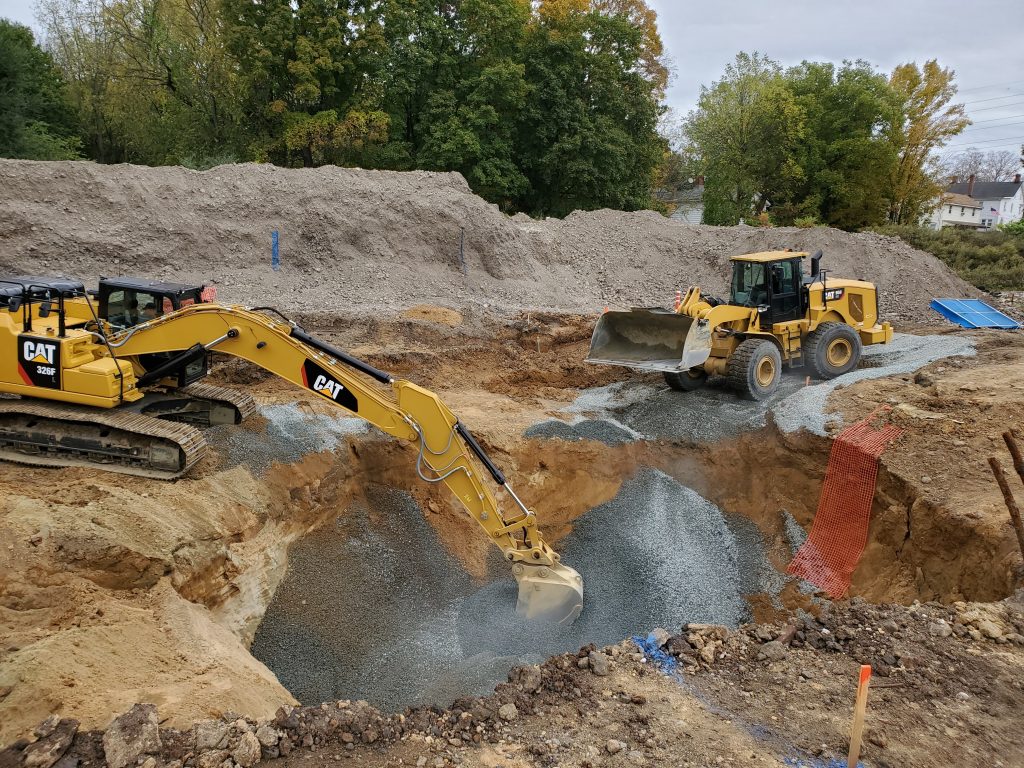
On April 24, 2020, the New Jersey Department of Environmental Protection (DEP) issued a Temporary Rule Modification extending certain timeframes for remediation activity by 90 days. This applies to timeframes that have been and will be reached while the COVID-19 Executive Order 103 (Public Health Emergency and State of Emergency) is in effect. The Temporary Rule Modification is retroactive to March 9, 2020, when EO 103 took effect.
Timeframes affected include, but are not limited to: Preliminary Assessment/Site Investigation Reports (PA/SIR); Remedial Investigation Reports (RIR); Immediate Environmental Concern (IEC) Contaminant Source Control Reports; Light Non-Aqueous Phase Liquid (LNAPL) Interim Remedial Measure Reports; Initial Receptor Evaluations; and Remedial Action Reports (RAR).
The DEP also noted that it may waive, suspend, modify or relax any provision of the Administrative Requirements for the Remediation of Contaminated Sites (ARRCS), N.J.A.C. 7:26C, or the Technical Requirements, N.J.A.C. 7:26E, on a case-by-case and site-specific basis.
To view the DEP’s full Temporary Rule Modification which identifies which mandatory and regulatory timeframes are being extended, and provides further details on the waiver, click here.
Remediation Projects Deemed Essential
The DEP’s Temporary Rule Modification is issued with the acknowledgment that the continued, uninterrupted management of remediation activities is essential to the protection and preservation of public health and the environment.
In light of the dangers posed by COVID-19 and to mitigate community spread of the disease, on April 8, 2020, New Jersey Governor Phil Murphy issued Executive Order (EO) 122, requiring that all “non-essential” construction projects cease, effective April 10, 2020.
The DEP has noted that Section 2 of EO 122 defines “Essential construction projects to include “(l) Any project that is ordered or contracted for by Federal, State, county, or municipal government, or any project that must be completed to meet a deadline established by the Federal government; (m) “Any work on a non-essential construction project that is required to … remediate a site …”
Based on these two paragraphs, the DEP has determined that construction related to site remediation projects are allowed to continue under EO 122.
To read the NJDEP’s COVID-19 update on EO 122, click here.
Contact
Michael Metlitz, LSRP
Senior Vice President
![]() mmetlitz@whitmanco.com
mmetlitz@whitmanco.com
![]() (732) 390-5858
(732) 390-5858
Posted on April 27, 2020






